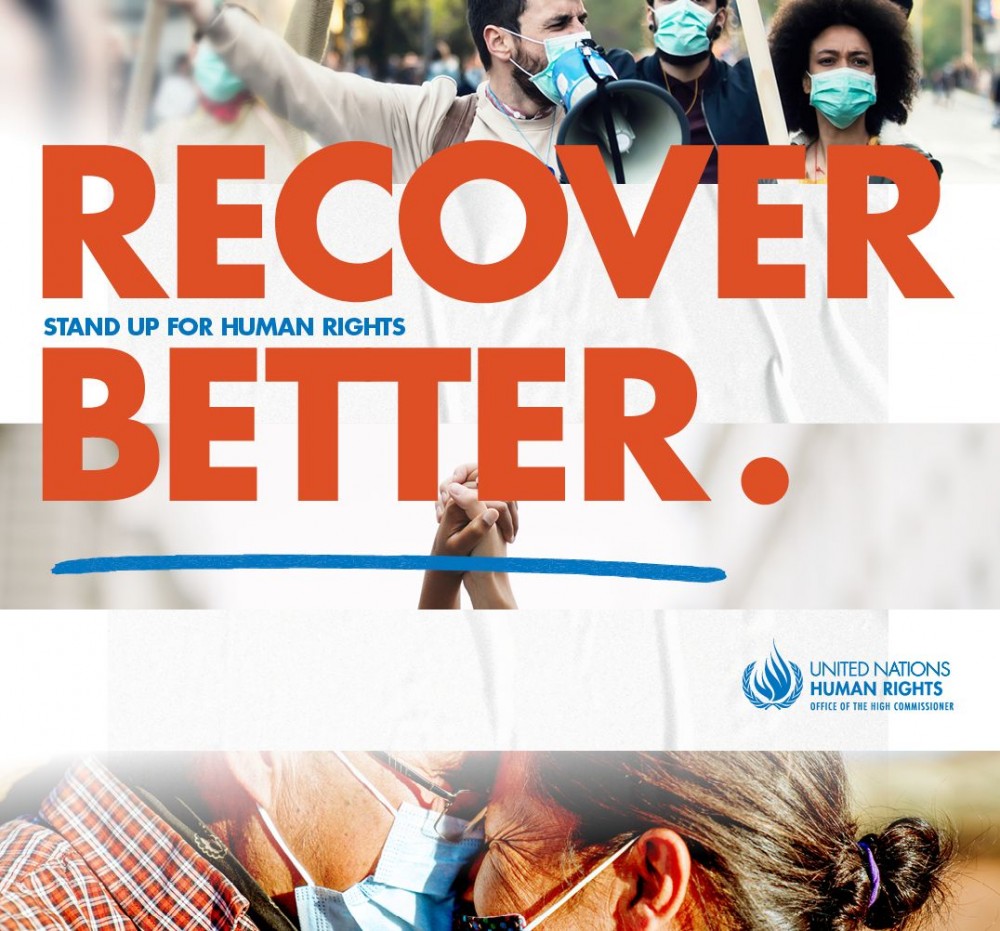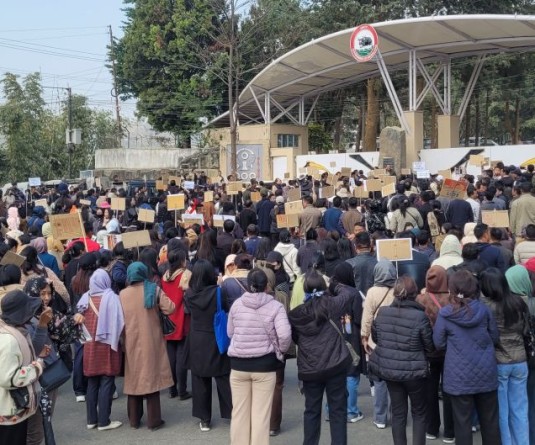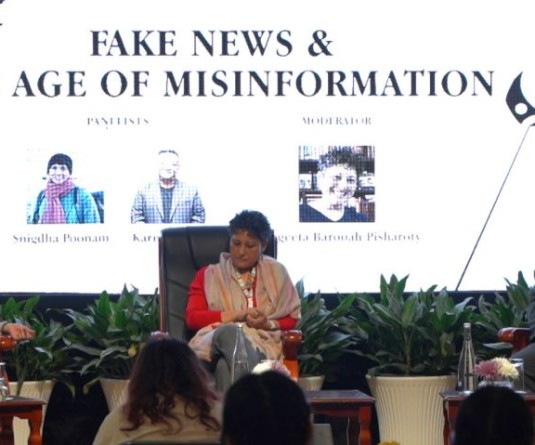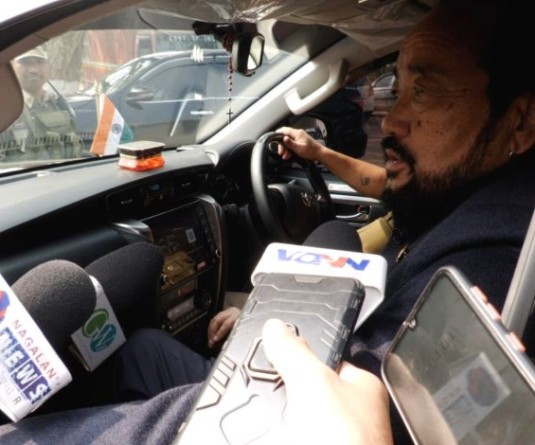
Nagas yet to fully comprehend most fundamental concepts of human rights?
Morung Express News
Kohima | December 9
In recent times, the plight of humans has never been tried and tested as it did in the wake of the COVID-19 pandemic across the world. Nagaland too saw the best and worst of humanity during the pandemic, bearing witness to several human rights issues such as discrimination, poverty, denial of healthcare, migrant crisis and an increased loss of livelihood.
As the world observes the Human Rights Day on December 10 with the theme 'Recover Better - Stand Up for Human Rights', the Day calls to reaffirm the importance of human rights in the aftermath of the pandemic and in building back a better and resilient world. This goal can only be achieved, according to the UN Human Rights, if equal opportunities are created for all, and the world addresses the failures exposed and exploited by COVID-19, and apply human rights standards that will tackle the entrenched, systematic, and intergenerational inequalities, exclusion and discrimination.
"Except for human rights issues related to AFSPA, Nagas are yet to fully understand/comprehend the concept of human rights relating to timely and affordable health care, livelihood, education, gender equality, sanitation etc," expresses journalist Atono Tsükrü Kense.
She pointed out that the pandemic this year has nakedly exposed existing human rights issues in Nagaland especially in terms of health care infrastructures, facilities and services which has been lying in shambles for decades.
Kense who has been reporting from ground zero since the outbreak of the pandemic in Nagaland said that as COVID cases gradually increased, the State witnessed the denial of people's right to health care facilities in several incidents. Some of them include incidents she shares, include 'pregnant woman being denied admission in hospitals, drug users on OST unable to access their daily doses, inaccessible ART treatment for PLHIVs, TB patients unable to access treatment etc., and even health care workers not getting proper PPEs'.
While no one is prepared for this kind of pandemic, Kense views that citizens should not have been denied their rights to any health treatment.
"I hope through this pandemic our government, policy makers and health department realise where its priorities lie. In future, we hope to see 'realistic' good health care facilities and also be ready with well charted strategic policies and master plans to deal with any kinds of epidemics," shares Kense.
The COVID-19 pandemic, for Indigenous Rights Activist Kim Chishi, has been one of the most challenging issues for Nagas to live with.
"It brought our lives to a standstill, filled with panic and feeling of despair with no source for comfort. Even before the pandemic unfolded before us, we were facing inequalities in various sectors such as health, education, essential services, livelihood, etc. And now it has made us even more vulnerable. It is disheartening to learn that the lack of sustainable livelihood, presence of stigma, discrimination and others, escalated all the more during such trying times, which has divided our Indigenous society further," says Chishi.
Despite the new crisis and realities and , Chishi notes that there is reason for hope in ensuring human rights- in witnessing the efforts of many in these trying times. One example is the efforts of "elders in trying to find solutions by implementing the age old practices, hence stressing on the need to revive and carry forward our culture and traditions and also making us realise the importance of food security."
Building a resilient society where the rights of every individual is supported, according to Chishi, is a must and a concerted effort is needed from all. "We need to create equal opportunities, ensure participation and express solidarity, for all to be able to address the various loopholes that this pandemic has brought to the forefront, be it as individuals or as institutions," remarks Chishi.
"COVID-19 has been challenging times for the most vulnerable with no one to look into their rights," says Dr Martemjen Jamir.
While it was encouraging to see the overwhelming response of different NGOs, churches, associations, young and old etc., in lending a helping hand to the marginalized, Jamir added that equally disheartening was the amount of discrimination meted out to the health workers and returnees from other states.
"COVID-19 in many ways is being used in excess for human rights violations: the blatant refusal of health institutions to admit patients among many. COVID-19 is no doubt a soul searching time for many but it has also exposed the hypocritical heart of almost every human being thereby revealing its fallen nature. In the midst of all the basic fundamental human right of all, ‘right to belief’ remains infringed with churches closed and church gatherings restricted while every other social and political activities continues with hypocritical restrictions," views Dr Martemjen Jamir.






